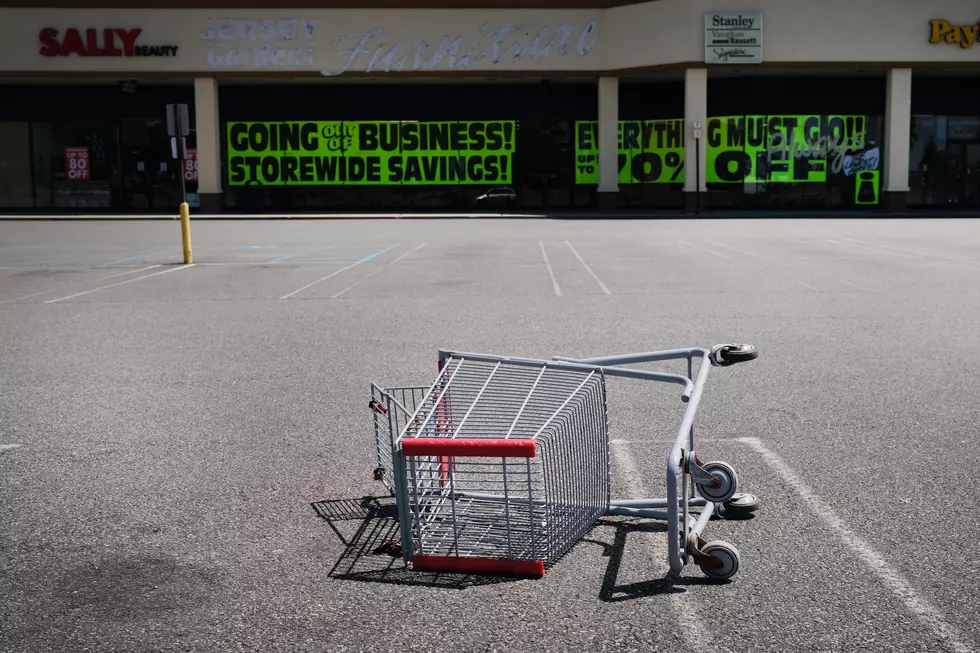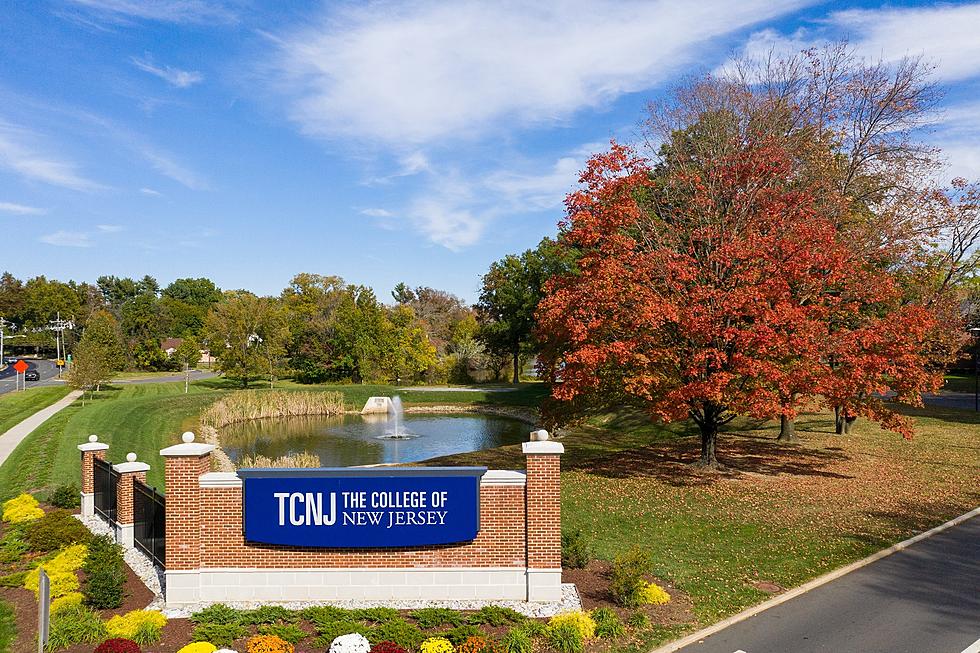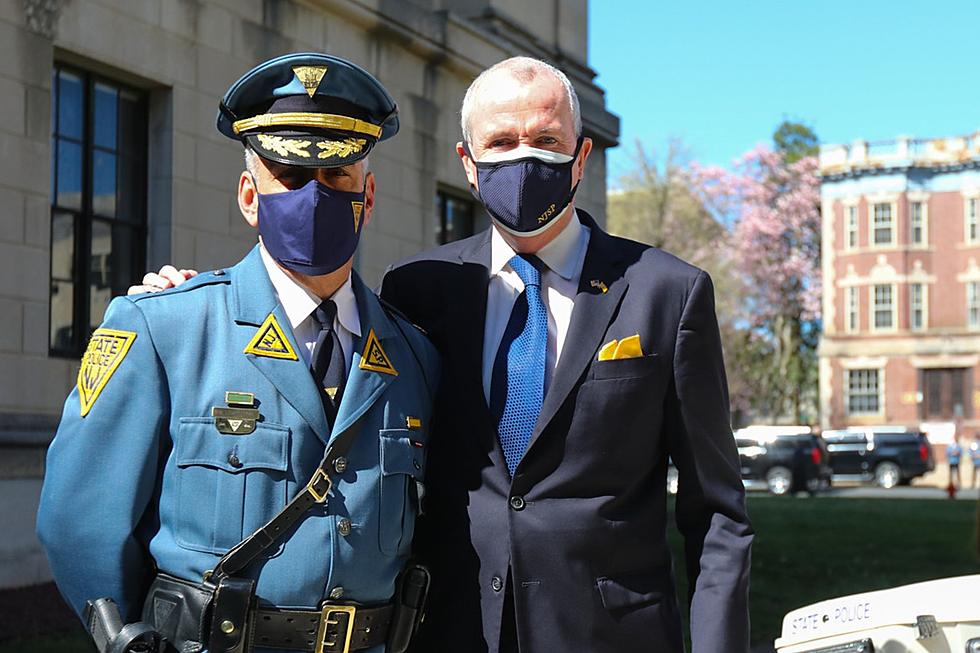
Four suggestions from businesses to prepare NJ for recovery
More than 40% of the jobs lost in New Jersey in the first months of the coronavirus pandemic still hadn’t returned by the end of 2020.
While the second wave of COVID-19 cases is still rising, the rollout of vaccines raises the chances of things getting closer to normal later this year. Business owners say that to get there successfully, there are things the state needs to focus on now, so the recovery can start on time.
“Without jobs, jobs, jobs and jobs, our economy cannot bounce back,” said Michele Siekerka, president and chief executive officer of the New Jersey Business and Industry Association. “We need to do whatever is in our might and right to get New Jersey’s workers and employees back to work in order to get our economy humming.”
In an NJBIA virtual town hall meeting, those suggestions included the following.
CHILD CARE
Jill Johnson, co-founder and chief executive officer of the Institute for Entrepreneurial Leadership, said the economy can’t work as it did without ways to care for children during work hours.
“Daycares and schools must be able to fully reopen so that working parents can get back to work,” Johnson said. “If children are not in school, women are disproportionately impacted.”
Mitchell Weiner, a dentist in Kendall Park and president of the New Jersey Dental Association, said Paycheck Protection Program funds helped many practices survive but that 5% closed. He said more could close if the child-care challenge isn’t resolved.
“Some of our dentist members have been forced to stop working and stay at home to care for online educated school-age children,” he said. “Staffing shortages have been devastating for our members. We need to create options for quality child care that facilitate getting our employees back to work.”
New Jersey used federal COVID aid to support child-care initiatives, and Gov. Phil Murphy said in his State of the State he remains committed to doing more in 2021.
Gigi Schweikert, the president of Lightbridge Academy, which includes 37 child-care centers in New Jersey, said the state should “provide further subsidies to working parents whose schools are virtual and who need school-aged care in order to balance a job and to balance teaching their own children.”
Schweikert said a survey of the industry has found some bleak statistics: 82% are losing money, 92% are dealing with higher costs, 60% know people who have permanently closed their centers. Grants for labor costs and personal protective equipment should be considered, she said.
“We cannot have an economy in New Jersey without childcare,” Schweikert said.
MORE HELP FOR RESTAURANTS
Celestina Quintana, who owns and operates 11 McDonald’s restaurants in North Jersey, said rules restricting restaurant operations need to be loosened, such as an 11 p.m. take-out curfew in Newark and the statewide restriction of occupancy at 25% of full capacity.
“With 25%, it is unsustainable. I don’t know how much longer we can stay afloat with that,” Quintana said.
Former Lt. Gov. Kim Guadagno, the president and chief executive officer of the Fulfill food bank, said more grants from the state are needed. She likes the $2 million Sustain and Serve NJ Program providing funds to organizations that purchase meals from restaurants and distribute them at no cost.
“I hope they can get that off the ground soon because our restaurants and our hospitality industry need it now,” Guadagno said.
Applications for the Economic Development Authority program were due by Jan. 8, and the programs will cover meals through April 30.
“The vaccine is not the end of it. The vaccine is just the beginning of the end. It is a crisis that will remain a crisis,” she said. “In 2008, it took at least four years to get out of the recession. After Sandy in 2012, some would argue here at the Jersey Shore we’re still suffering the impacts of Sandy.”
SPEED IT UP
Sarah Krom, managing partner of SKC & Co. in Boonton and a past president of the New Jersey Society of CPAs, wishes the grants awarded by the EDA through federal funding would be distributed faster.
“Small businesses need the state’s support. Various grants that the state has offered need to become available at quicker speeds,” Krom said. “In addition, the focus of these programs need to be directed to the hardest-hit industries, businesses and communities – those who are not open at all or at greatly reduced capacities.”
Business owners are facing pressure from landlords for overdue rent. While some financial help has been provided it’s not enough for some for a crisis lasting as long as it has, said Racheal Fosu, who owns three early-education centers.
“If you add it all up, that will be about three months support over a 10-month going on 18-month pandemic,” Fosu said. “Revenue will not begin to come back realistically until September of this year. Vaccines for children are not yet approved. They’re still just beginning to be tested. We could be down another 20% in closures this year alone.”

MORE COOPERATION
Bob Zuckerman, the executive director of Downtown Westfield, said it’s encouraging that the state’s new economic recovery law includes $50 million in funding for Main Street programs. He hopes it winds up including more grants than loans.
“We’d also like the DOT to sort of ease up on their rules with regard to parklets and street closures because we had some success in a lot of our towns with opening up parklets and opening up streets for pedestrians only,” Zuckerman said. “But in some cases, the DOT rules were sort of barriers to allowing certain streets to be platforms for parklets and pedestrian plazas.”
Michael Symons is State House bureau chief for New Jersey 101.5. Contact him at michael.symons@townsquaremedia.com.
Where to get COVID-19 vaccine in NJ
More From Rock 104.1
![[POLL] Do NJ Residents Feel Safe Enough To Go On Vacation This Summer?](http://townsquare.media/site/396/files/2021/05/Family-On-Vacation-Hiking.jpg?w=980&q=75)









